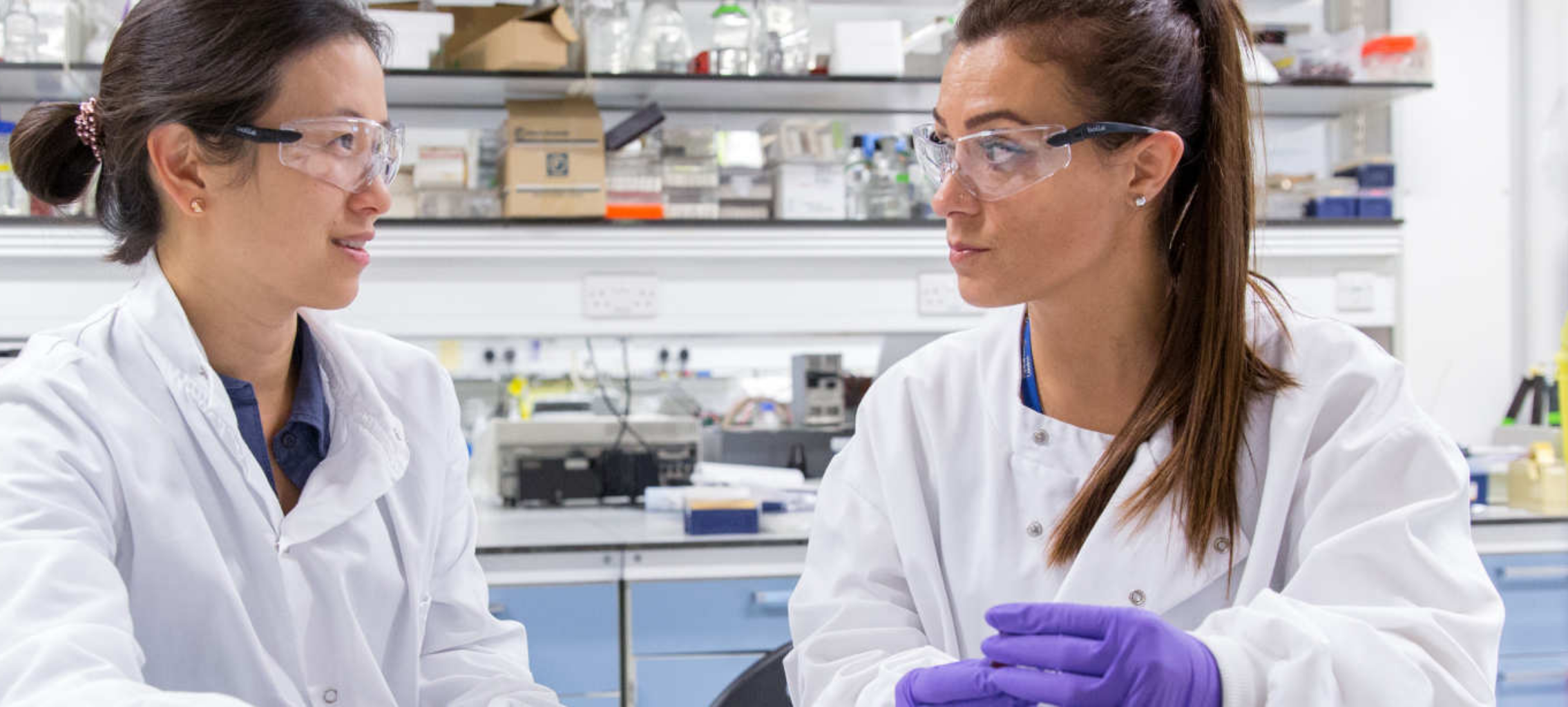Intercalated PhD (iPhD)
Information For supervisors
If you are interested in submitting a proposal, please email icr-imperial-convergence.centre@imperial.ac.uk to indicate your interest by Monday 5th August 2024. A supervisor connection meeting might be organised to build supervisory teams and to showcase the breadth of engineering and physical science expertise if felt necessary. Supervisors attending this meeting will be given the opportunity to present their research to help connect and integrate approaches in the creation of a preliminary iPhD proposal.
The preliminary application stage is to showcase the types of research projects available to prospective students. The deadline is Monday 2nd September 2024. Prior to showcasing, the proposals will be reviewed by the Clinical Academic Training Subcommittee to ascertain whether they meet the remit (cancer-lead and taking a convergence science approach) of this programme. Proposals in remit will advertised on the website by late September.
We are no longer accepting proposals for iPhD projects for 2025.
The medical undergraduates will review the preliminary proposals and select up to three projects that they would like to undertake if interested to do a PhD. The supervisor will be notified, and meeting will be arranged to discuss the opportunity informally. After meeting with the supervisor, students will submit their preferred choices of project/supervisor. Subject to agreement by the supervisor - both parties will work as partners to develop and submit a comprehensive PhD proposal.
After initial student-supervisor meetings, students rank the three preferred projects from 1 to 3 and share the rankings. The chosen supervisor is informed, and if they agree, they are invited to submit a full proposal.
An interview with the Clinical Academic Training Subcommittee will be arranged for the candidate, which will include the student and supervisor team to explore the quality, suitability, feasibility, support provided by the supervisory team, and the motivation of the candidate student. Decisions are usually made in May with the commencement of the iPhD in July.
For more information on this exciting opportunity send an email to icr-imperial-convergence.centre@imperial.ac.uk.
